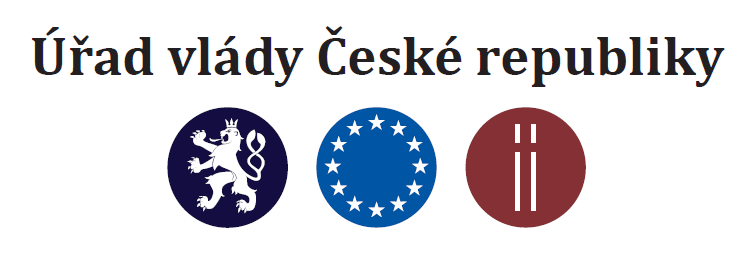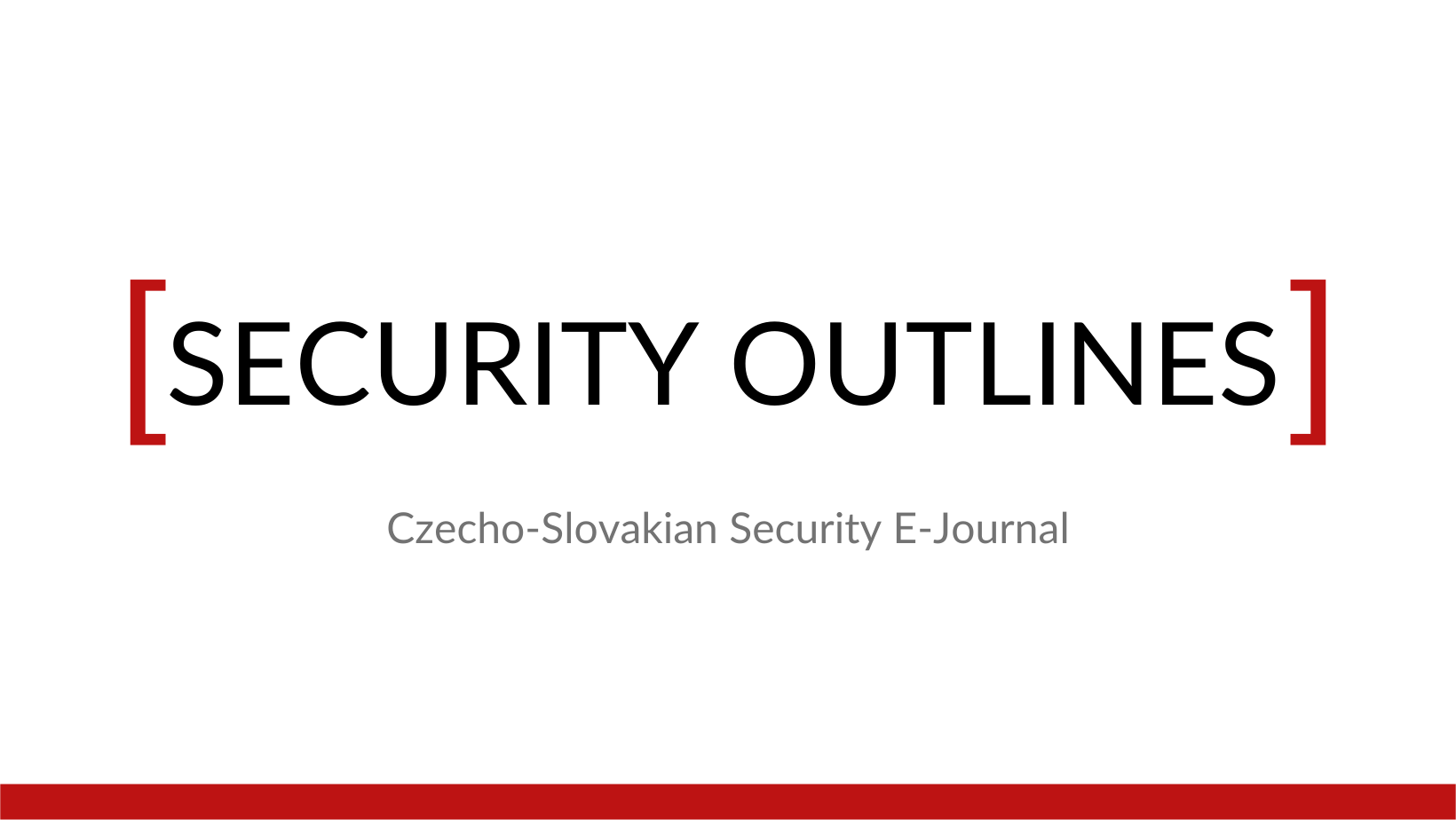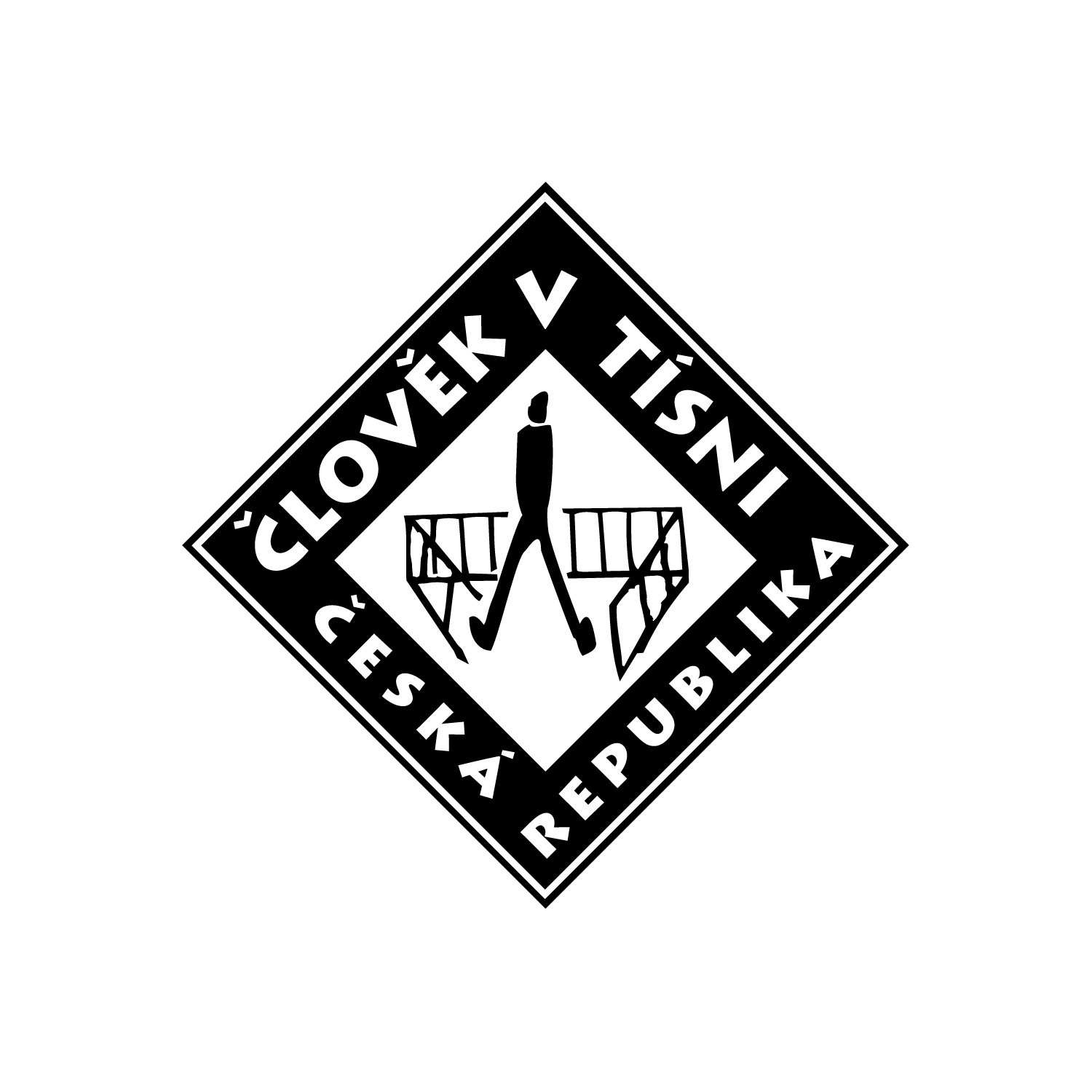PhDr. Martin Jeřábek, Ph.D.
PhDr. Martin Jeřábek, Ph.D.

Posts:
- Department of International Relations
E-mail: martin.jerabek@fsv.cuni.cz
Telephone: +420 296 824 664
Rooms: No. C526, Jinonice, building C
ORCID ID: 0000-0003-1434-9812
Martin Jeřábek is lecturer and senior research felllow at the Faculty of Social Sciences of the Charles University. His courses are regular part of the M.A. study programme of International Relations. At the same time (2019-2025) he works in the research/teaching team of the M. A. study programme „Area Studies – Bavarian Studies“ at the Faculty of Philosophy of the West Bohemian University in Pilsen. He regulary teaches abroad (European University Viadrina Frankfurt/Oder, University of Vienna, Regensburg University of Applied Sciences). His main research interests include German speaking countries; history and political culture (especially the inter war period 1918-1938), the political system of the FRG since 1949, the Czech-German relations and the history of the Czech-German borderland. He focuses also on the current Germany’s European policies. To the last mentioned issue he published a monograph „Germany and the Eastern Enlargement of the EU“.
Rok vydání
Monographs
- Jeřábek M. (2004). Konec demokracie v Rakousku, 1932-1938 : politické, hospodářské a ideologické příčiny pádu demokracie. Dokořán.
- Pape W., Šubrt J., Havelka M., Pešek J., Rovná L., Weinberg M., Tvrdík M., Skovajsa M., Jeřábek M., Paulíček M., Mlynář J., Zbytovský Š., Bican J., & Coufal J. (2018). Mitteleuropa denken: Intellektuelle, Identitaten und Ideen: Der Kulturraum Mitteleuropa im 20. und 21. Jahrhundert. De Gruyter.
Chapters in monographs
- Jeřábek M. (2005). Švýcarská konfederace. Komparace politických systémů I (pp. 241-263).
- Jeřábek M. (2007). Rakousko a EU : dvanáct let rakouského členství v EU - struktury a procesy. Evropská unie v členských státech a členské státy v Evropské unii : europeizace vybraných zemí EU (pp. 260-286).
- Jeřábek M. (2005). Stavovský stát v Rakousku v typologii autoritativních režimů. Totalitarismus : interdisciplinární pohled (pp. 60-68).
- Jeřábek M. (2013). Der europäische Kontext der tschechisch-deutschen Grenze nach 1990. Der Einfluss der tschechisch-bayerischen Grenze auf die natürlichen und die sozioőkonomischen Systeme (pp. 147-164).
- Jeřábek M. (2018). Bundeskanzler Engelbert Dollfuss und Österreich als selbständiger "zweiter deutscher Staat" in Mitteleuropa in den Jahren 1932-1934. Mitteleuropa denken: Intelektuelle, Identitäten und Ideen : der Kulturraum Mitteleuropa im 20. und 21. Jahrhundert (pp. 75-89).
Articles
- Jeřábek M. (2008). Austria's European policy and its coordination and decision-making system at the turn of the 21st century. Politics in Central Europe, 4(1), 38-58.
- Jeřábek M. (2013). Křesťanskosociální strana v Rakousku - východiska, dilemata a politika 1918-1933. Střední Evropa, 26(137), 36-51.
- Jeřábek M. (2013). Fürst Ernst Rüdiger Starhemberg als Antidemokrat und Kämpfer für die österreichische Unabhängigkeit gegen den Nationalsozialismus. Acta Fakulty filozofické Západočeské univerzity v Plzni, Neuveden(2), 155-172.
- Jeřábek M. (2017). Ideologie a praxe domobrany v meziválečné Evropě. Heimwehr jako příklad rakouského hnutí domobrany (1918-1934). Historická sociologie, 2017(2), 103-119. UT-WOS link
- Jeřábek M. (2022). Srovnání krize parlamentarismu v Německu a Rakousku, 1930-1934. Historická sociologie [online], 14(2), 63-86. UT-WOS link
Contributions in the conference proceedings
Inter-War Europe (1918-1938) in the International Context; German European Policy
1) German European policy since the unification in 1990
2) Czech-Austrian relations in the 20th and 21st century
3) The Versailles Treaty and the origins of the Second World War
4) The Europeanisation of the member states of the European Union (especially Central and
Eastern Europe)
5) The Eastern enlargement of the European Union (2004 and after)
Technology Agency of the Czech Republic (TAČR); grant reg. Nr. TL0100043 “Migration from the Near East, Africa and Asia: geopolitical and security situation, the impact and recommendation for the Czech Republic” (1. 2. 2018–31. 1. 2022, member of the research project team)
German speaking countries - politics and history; Central Europe; current German European policy
Central Europe in the 19 and 20th Century; Political System of the Federal Republic of Germany; Austria, Switzerland; Theories of European Integration; German European Policy









